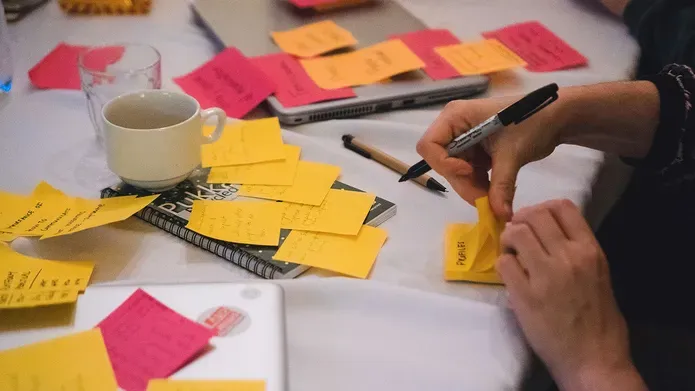Research project
Making Sense
‘Making Sense’ embodies socio-technical design research to support participatory sensing initiatives addressing urban environmental challenges in areas such as noise and air pollution.

Completed
November 2015
May 2020
The research investigated how open hardware and software, underpinned by design research, can support individuals and communities to understand and address their environmental concerns.
As Co-Investigator, and lead for Work Package 5 Policy and Action, Woods led the design research and development of a co-creation framework to enable those participating in data collection to achieve change. ‘Making Sense’ was a consortium of 6 partners, including WAAG Society (NL), IAaC (ES), Joint Research Centre (EC) and a network of citizens and communities. The project was funded by Horizon 2020 (€1.5M, £220.4K UoD) to explore the potential of Collective Awareness Platforms (CAPS), pioneering new models and creating awareness of sustainability challenges using the concept of collective action.
The research empowered local communities to collaborate in nine citizen sensing campaigns across three cities, using low-cost IoT wireless sensors to tackle environmental pollution. Working with multiple stakeholders, such as City Municipalities, the Dutch Meteorological Office and US Embassy they achieved impact, e.g. reduction of noise through change to civic space in Barcelona, and policy change in Prishtina giving citizens the right to clean air. The outcomes included novel tools, such as community level indicators. ‘Citizen Sensing:
A Toolkit’ condenses the research in the form of 25 tools to study, apply and adapt to various environmental challenges and cultural contexts, case studies and guidelines; this output has achieved wide adoption.
‘Making Sense’ toolkit was exhibited at ARS Electronics (2018) where it received a ST+ARTS prize honorary mention. A documentary film Citizen Science A Revolution has been viewed ~53,000 times. The research has been further disseminated through 2 workshops, 2 papers and 3 tools made fully available with creative commons licence for reuse.